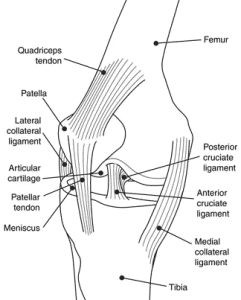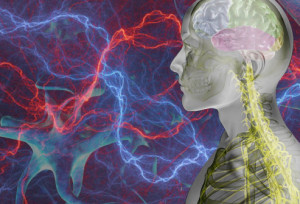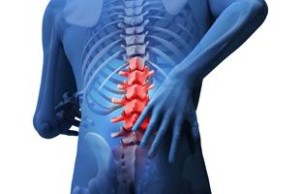Alternatives to Painkillers within Pain Management
Many people are turning away from the use of painkillers as a means of alleviating pain. Most people that have stopped relying on pain killers have chosen to do so for a specific reason. Whatever the reason for this push against painkillers, the availability of alternative pain management has increased during the past several years. If you are looking for a solution for your pain, the following suggestions may help you in a pain management plan that doesn’t rely on painkillers.
Natural Pain Relievers
 If you are in pain and do not want to use pain killers, you can try a few of these natural pain relievers. First of all, you can enjoy the outdoors. Studies have shown that individuals who receive the daily recommend amount of Vitamin D report less experience with pain than those that don’t get enough Vitamin D. Another natural pain reliever is eating foods high in reseveratrol. Studies have indicated that this chemical blocks tissue degeneration and will aid in pain relief. In addition to these two alternative pain management techniques, you can also eat chocolate.
If you are in pain and do not want to use pain killers, you can try a few of these natural pain relievers. First of all, you can enjoy the outdoors. Studies have shown that individuals who receive the daily recommend amount of Vitamin D report less experience with pain than those that don’t get enough Vitamin D. Another natural pain reliever is eating foods high in reseveratrol. Studies have indicated that this chemical blocks tissue degeneration and will aid in pain relief. In addition to these two alternative pain management techniques, you can also eat chocolate.
Other Natural Remedies
Here are some more natural pain management suggestions that provide alternatives to pain killers: aroma therapy, arnica gel, and vitamin C. Arnica has been used for pain relief for hundreds of years. When you apply the gel to the skin, it relieves aches, reduces inflammation, and heals. Aroma therapy is the use of oils applied to the skin, either through massage or in a bath. These oils have both painkilling and anti-inflammatory properties. They include chamomile, lavender, peppermint, rosemary, thyme, ginger, and yarrow. Vitamin C has been demonstrated to provide a protective effect on cartilage and bone. A good cup of orange juice in the morning goes a long way to helping you feel better.
Pain Management that Takes Your Mind off of Pain
 If you want more than natural pain relievers within your pain management regimen, you might want to consider activities that take your mind off of your pain. Try meditating. You can use a more developed meditation method or you can simply let your mind wander. In addition to meditation, you could try a massage. You can get a massage from a professional, or you can get someone to give you a massage at home. If a massage doesn’t sound appealing to you, you can learn tai chi. Even though tai chi is considered a martial art, the deep breathing can induce a meditative state.
If you want more than natural pain relievers within your pain management regimen, you might want to consider activities that take your mind off of your pain. Try meditating. You can use a more developed meditation method or you can simply let your mind wander. In addition to meditation, you could try a massage. You can get a massage from a professional, or you can get someone to give you a massage at home. If a massage doesn’t sound appealing to you, you can learn tai chi. Even though tai chi is considered a martial art, the deep breathing can induce a meditative state.
You Don’t Have to Rely on Painkillers
Painkillers are not the only option available to you within pain management. Healthy ways exist that relieve your pain without numbing your senses. You don’t have to risk the possibility of addiction reduce the pain that you feel in your body. With these natural alternatives to painkillers, you can feel better and protect your body at the same time. Natural pain management alternatives offer pain sufferers a means of reducing their pain while preventing further damage to the body.






